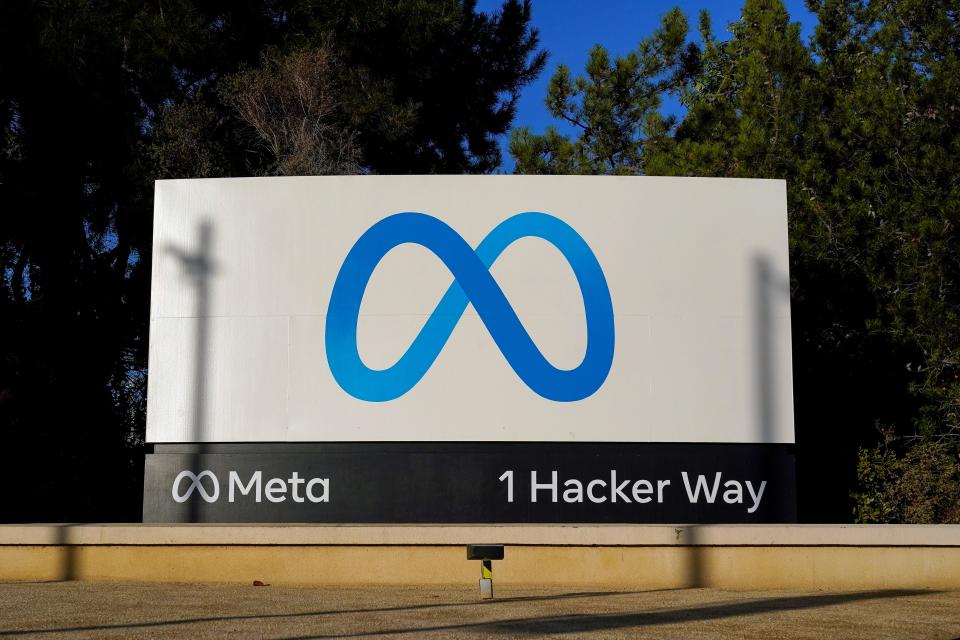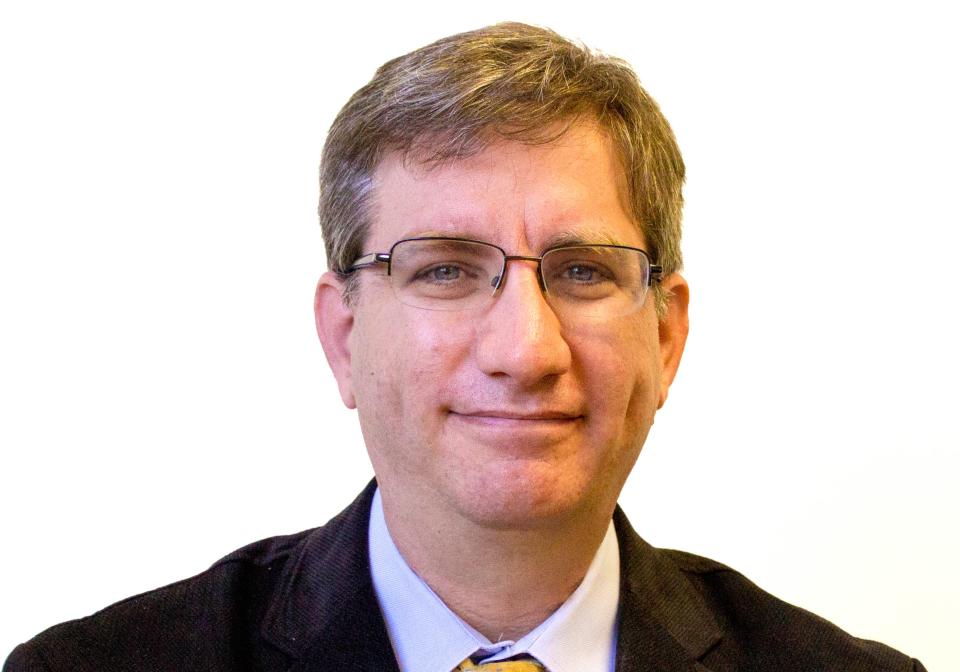Civics Project explainer: How social media changes politics | Opinion
Q. How has social media changed our politics?
A. In a democracy, the right and ability of the people to be informed and to discuss the important issues of the day is vital. It is one of the reasons that the 1st Amendment to the Constitution prohibits states from passing laws that restrict free speech, the freedom of the press and the right to gather and petition the government for redress. We are allowed to disagree with our leaders and let them know that we do not approve. Moreover, we can and regularly do vote them out of office.
One would think that digital communication would improve our ability to engage in political discourse and to learn more about candidates and policies. Indeed, for most of our history, news production was in the hands of the owners of newspapers and then later broadcast stations. As journalist A. J. Liebling said in the New Yorker in 1960, “Freedom of the press is guaranteed only to those who own one.” It is understandable why so many contended that this system was restrictive and not open to all voices.
More Kevin Wagner: Civics Project explainer: Why do presidential candidates drop out even before a vote?

Social Media provides a far more open forum for discussion and news, however, the effects have been more troubling than many, including myself, predicted. Digital platforms have altered the political calculus in the United States by changing the relationship between politicians, citizens and the media. As Jason Gainous and I noted in Tweeting to Power (2014), online platforms exist outside the traditional media machine, allowing political actors - including parties and candidates - to shape and dictate their content.
While that appears like an improvement on the surface, it has generated some less desirable externalities. There is far less distance between the ones making news and the ones covering it. Politicians and political actors can now be their own news source and publish information that is misleading or even untrue with almost no check. There can be little attempt at objectivity when the person covering the politician is the politician.
Previously, journalists were forced to evaluate and investigate stories before releasing them, now the stories are rushed out by political actors on social media. Indeed, there is evidence that many people trust the information generated by a politician in the social media more than traditional political news coverage. In the modern age, it is the political players who are often the most effective at constructing and marketing news.
More Kevin Wagner: The Civics Project column: Could former President Barack Obama run for vice president?
Since popular politicians often have huge numbers of followers, a social media post can have far greater reach than a cable news program. Indeed, it is in the interest of traditional media to cover the social media posts in the hopes that they can draw some of that viewership and engagement. Politicians will use social media to amplify the traditional media when it provides them with beneficial coverage. This creates an incentive for outlets to conform to the politicians’ message in order to get mentions and links which will increase readers or viewership for the media outlet.
There were and are problems when the media is in the hands of a limited number of owners. However, the current age of political self-coverage has generated some new and different challenges.

Kevin Wagner is a noted constitutional scholar and political science professor at Florida Atlantic University. The answers provided do not necessarily represent the views of the university. If you have a question about how American government and politics work, email him at kwagne15@fau.edu or reach him on Twitter @kevinwagnerphd.
This article originally appeared on Palm Beach Post: Explainer: How social media change politics

